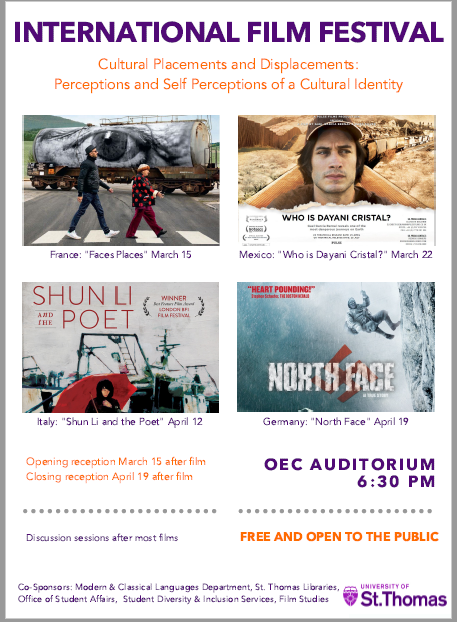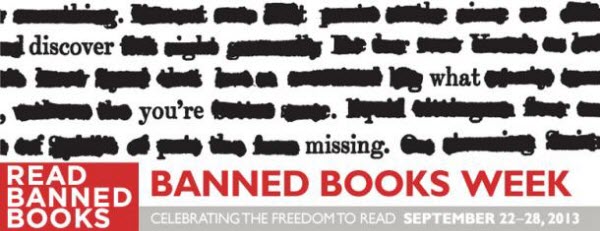Oct. 21 through 27 is Open Access Week at the University of St. Thomas.
OA Week is an effort to promote open access publishing as a new norm in scholarship and research. The UST Libraries will take advantage of this week to provide information to the community on the concept of OA publishing and related issues on the UST libraries Open Access information guide.
What is Open Access?
OA publishing allows unrestricted access to scholarly, peer-reviewed research on the Web. ‘Unrestricted’ here means, free of charge, without a password, without a subscription, without anything that prevents a user from getting to the content.
Why should you care?
Research is remarkably discoverable through library databases and discovery systems, Google and Google Scholar, and open repositories. But most often immediate access to the content is limited by whether the searcher or the searcher’s library has a subscription to the journal in which it was published. (In 2008, only about 20 percent of peer-reviewed content was available in open-access journals.) Therefore, others who would like access to your paper are turned away. This shrinks your potential readership and diminishes the impact of your article and your research.
In addition, if you retain the rights to your content, you can do more with your content (beyond just loading it to our local repository, UST Research Online). You can hand out copies to your students, you can post to your own website, and you can reuse charts and graphs in other papers and presentations.
Different levels of Open Access:
If you decide to publish in the OA environment, you must consider various levels of “openness.” At one level, Green Open Access, the publisher allows the author to post a peer-review post-print to a local repository, or into a central repository such as PubMed Central. This is not a new phenomenon, and many disciplines have been doing this for 20 years: High-energy physicists, for example, have been publishing their research in arXiv.
At the highest level, in Gold Open Access, the publisher provides immediate access to all of its articles on the publisher’s website. Public Library of Science is an example of this level of access.
There are hybrid alternatives between Green and Gold, including charging the author or the author’s institution to provide access to articles. To discover the openness of a journal to which you are considering submitting your important paper, check SHERPA/RoMEO to view the self-archiving and copyright policies of many publishers.
Recently, Britain’s Wellcome Trust and the U.S. National Institutes of Health have created policies around Open Access and their funding. Essentially, they require that the recipients of their grants be able to post their articles in an open access environment within six to 12 months of publication. Many prestigious universities, such as Harvard, Princeton and Duke, require their publishing scholars to choose publishers that embrace open access policies.
This is the time for you to choose, with intention, author-friendly journals that make your content open and available with few, if any, restrictions on access and permit you to retain your rights. This is the time because of the high level of discoverability of content regardless of where it is published.
Benefits of open access publishing
OA increases the availability of scholarship to the widest possible audience and encourages the proliferation of new research and new ideas among the academic community.
OA makes it possible for libraries and universities to provide content at a reasonable cost, thus lowering budgets and, by extension, tuitions and need for public support.




 Beginning on December 22, 2014,
Beginning on December 22, 2014, 

